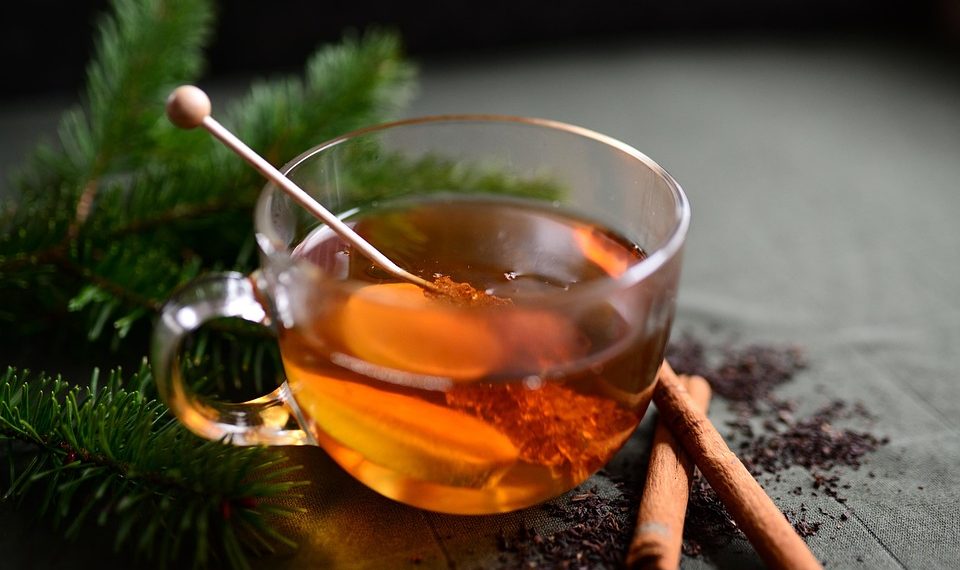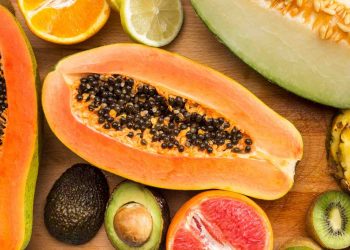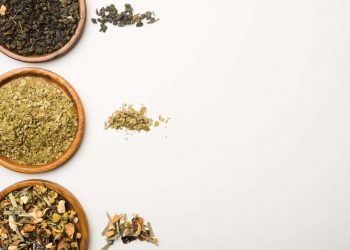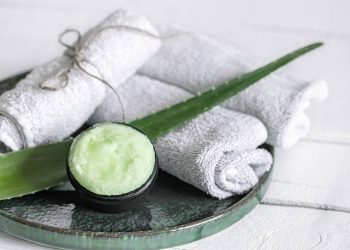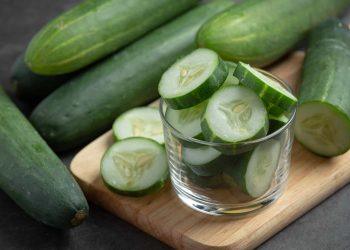Did you know that acne affects nearly 85% of people at some point in their lives? Yeah, it’s a pretty common skin issue, and it can be frustrating to deal with. For many, conventional treatments can feel harsh or ineffective. But what if I told you that two common kitchen ingredients—honey and cinnamon—might hold the key to clearer skin? Stick around as we explore five natural remedies using these powerhouse ingredients to help clear acne.
Contents
The Sweet Science of Honey and Cinnamon
Honey: The Natural Antibacterial
Honey has been praised for centuries for its healing properties. It’s not just a sweet treat; it’s also a natural antibacterial agent. Research indicates that honey can inhibit the growth of acne-causing bacteria like Propionibacterium acnes (Molan, 2001). Not to mention, it’s packed with antioxidants that can help reduce inflammation and promote healing.
Cinnamon: The Spicy Antiseptic
Cinnamon isn’t just for your morning coffee or baked goods. This spice has potent anti-inflammatory and antibacterial properties, making it a great ally in the fight against acne. A study published in the Journal of Microbiology found that cinnamon oil can effectively inhibit the growth of various bacteria, including those that contribute to acne (Khan et al., 2015).
Together, honey and cinnamon create a dynamic duo that not only targets the root causes of acne but also nourishes the skin. Let’s dive into some simple remedies you can whip up at home!
1. Honey and Cinnamon Face Mask
What You Need:
- 2 tablespoons of honey
- 1 teaspoon of cinnamon
Instructions:
- Mix the honey and cinnamon in a bowl until you achieve a smooth paste.
- Apply the mixture to your face, focusing on areas with acne.
- Leave it on for about 10-15 minutes.
- Rinse off with warm water.
Why It Works:
The sticky texture of honey helps draw out impurities, while cinnamon improves blood flow and can help reduce the appearance of scars. Plus, it feels luxurious to put on!
Pros and Cons:
- Pros: Natural, easy to make, soothing.
- Cons: May cause irritation for sensitive skin; always do a patch test first.
2. Honey and Cinnamon Spot Treatment
What You Need:
- 1 teaspoon of honey
- 1/2 teaspoon of cinnamon
Instructions:
- Combine honey and cinnamon to form a thick paste.
- Dab the mixture directly onto blemishes.
- Leave it on overnight and wash it off in the morning.
Why It Works:
This concentrated treatment targets individual pimples, helping to reduce inflammation and redness overnight. It’s like a mini emergency kit for your skin!
Pros and Cons:
- Pros: Quick, effective, portable.
- Cons: Can be sticky; may not be practical for larger areas.
3. Honey, Cinnamon, and Lemon Exfoliating Scrub
What You Need:
- 1 tablespoon of honey
- 1 teaspoon of cinnamon
- 1 teaspoon of lemon juice
Instructions:
- Mix all the ingredients together.
- Gently massage the scrub onto your face for 1-2 minutes.
- Rinse with warm water.
Why It Works:
Lemon juice has natural astringent properties, helping to tighten pores and reduce oiliness. Combined with honey and cinnamon, this scrub can help clear dead skin cells and unclog pores.
Pros and Cons:
- Pros: Exfoliating, brightening, refreshing.
- Cons: Lemon can make your skin sensitive to sunlight; use this scrub at night.
4. Honey and Cinnamon Overnight Mask
What You Need:
- 2 tablespoons of honey
- 1 teaspoon of cinnamon
- Optional: 1 teaspoon of aloe vera gel
Instructions:
- Mix the ingredients to form a smooth paste.
- Apply it to your face before bed.
- Leave it on overnight and wash off in the morning.
Why It Works:
This overnight treatment allows the ingredients to work their magic while you sleep. Aloe vera adds an extra layer of hydration, which can be beneficial for acne-prone skin.
Pros and Cons:
- Pros: Hydrating, nourishing, easy to apply.
- Cons: Might feel sticky; be careful not to get it on your pillowcase.
5. Honey and Cinnamon Toner
What You Need:
- 1 cup of water
- 1 tablespoon of honey
- 1 teaspoon of cinnamon
Instructions:
- Boil the water and allow it to cool slightly.
- Stir in the honey and cinnamon until dissolved.
- Let it cool completely and transfer it to a spray bottle.
- Use this toner after cleansing your face.
Why It Works:
This toner helps balance the skin’s pH, while the honey hydrates and the cinnamon fights bacteria. It’s a refreshing way to prep your skin for the day!
Pros and Cons:
- Pros: Hydrating, refreshing, easy to make.
- Cons: Needs to be refrigerated; use within a week for best results.
Frequently Asked Questions (FAQs)
1. Can I use honey and cinnamon every day?
Yes, you can use these remedies daily, but if you have sensitive skin, it’s best to start with a few times a week and see how your skin reacts.
2. Are there any side effects?
Some people may experience irritation. Always perform a patch test before applying any new treatment to your face.
3. How long will it take to see results?
Results can vary, but many people start noticing improvements within a few weeks of consistent use.
4. Can I use these remedies on other parts of my body?
Absolutely! These treatments can be effective for acne on other areas, like the back or chest.
Conclusion: Your Path to Clearer Skin
Navigating the world of acne treatments can be overwhelming, but natural remedies like honey and cinnamon offer a gentle, effective alternative. They not only tackle acne but also nourish your skin, making them a win-win. Remember, everyone’s skin is unique, so it might take some experimentation to find the right combination that works for you.
And let’s be real: while these remedies can be helpful, they aren’t a miracle cure. If you’re dealing with severe acne, it’s always a good idea to consult a dermatologist. But for those pesky pimples that pop up now and then, honey and cinnamon could be just the ticket to clearer skin.
This article is for educational purposes only and is not a substitute for professional medical advice. Always consult a qualified healthcare provider before making changes to your health routine.
References
- Khan, M. I., Sultana, S., & Ahmad, K. (2015). Antimicrobial activity of cinnamon oil against various microorganisms. Journal of Microbiology, 53(3), 175-180. https://doi.org/10.1007/s12275-015-5158-0
- Molan, P. C. (2001). Why honey is effective as a medicine. Journal of the Royal Society of Medicine, 94(8), 397-399. https://doi.org/10.1177/014107680109400807
- Mayo Clinic. (n.d.). Acne. Retrieved from https://www.mayoclinic.org/diseases-conditions/acne/symptoms-causes/syc-20362499
- Cleveland Clinic. (n.d.). Acne. Retrieved from https://my.clevelandclinic.org/health/diseases/9446-acne
Get Your FREE Natural Health Guide!
Subscribe now and receive our exclusive ebook packed with natural health tips, practical wellness advice, and easy lifestyle changes — delivered straight to your inbox.

